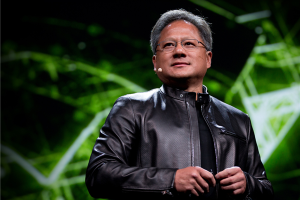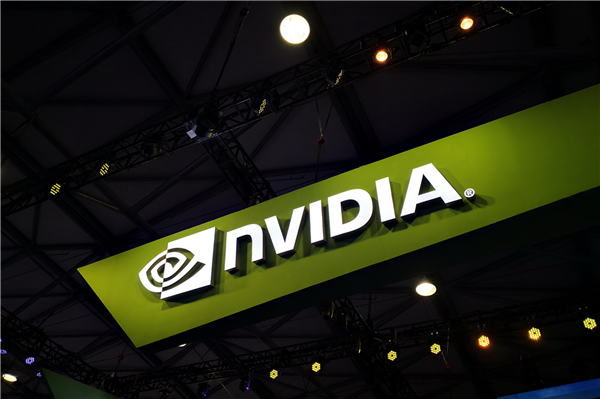March 31, 2024 – OpenAI, a leading artificial intelligence company, has recently unveiled a groundbreaking voice cloning technology dubbed “Voice Engine”.
This remarkable technology, which was first developed in 2022, utilizes text input and a brief 15-second audio sample to generate highly realistic and emotionally charged speech that bears an uncanny resemblance to the original speaker’s voice. Currently, Voice Engine has been integrated into OpenAI’s existing text-to-speech API and preset voices within the Read Aloud feature.

OpenAI believes that the potential impact of Voice Engine extends far beyond the realm of technology. In the areas of reading assistance and language translation, this technology could provide a more natural and engaging audio output, greatly enhancing the user experience. Furthermore, it could serve as a valuable tool for individuals with speech impairments, enabling them to communicate more effectively. As evidence of its efficacy, a pilot project at Brown University has successfully utilized Voice Engine to create voice clones extracted from school project recordings, thus aiding students with speech disorders.
However, cognizant of the potential misuse of synthetic voice technology, OpenAI has taken a cautious approach by limiting small-scale testing to a select group of trusted partners. This strategy allows the company to gain a deeper understanding of the technology’s potential applications while simultaneously assessing the associated risks.
Moreover, OpenAI is hopeful that this initiative will spark a broader societal discussion regarding the responsible deployment of synthetic voice technology. By engaging stakeholders from various backgrounds, the company aims to collectively explore ways to adapt to this emerging technology in a manner that is both ethical and sustainable.
To ensure the safe and secure use of Voice Engine, OpenAI has implemented several safeguards. Among these measures is the utilization of watermarking technology to trace the source of audio, as well as proactive monitoring of how the system is being used. Additionally, when the product is officially launched, the company plans to establish a “prohibited voice list” to detect and prevent the generation of AI-produced voices that are too similar to those of celebrities. This precautionary measure aims to avoid any potential copyright infringements and privacy concerns.












